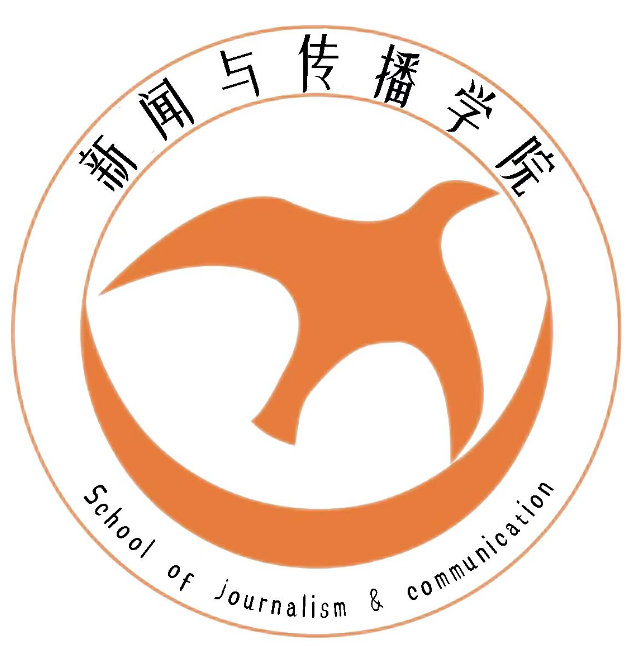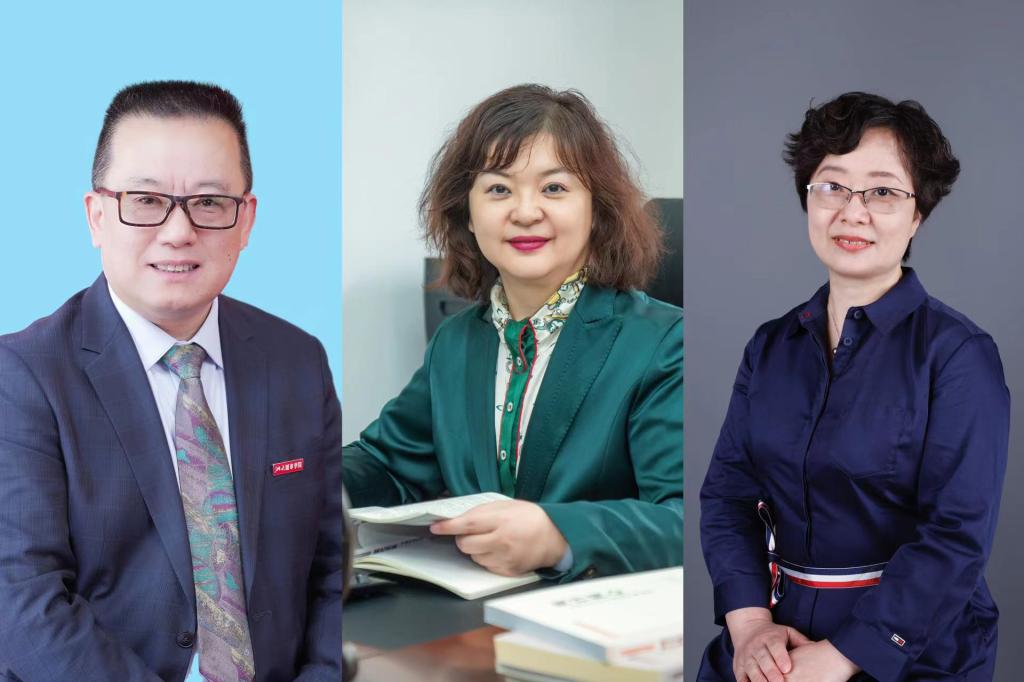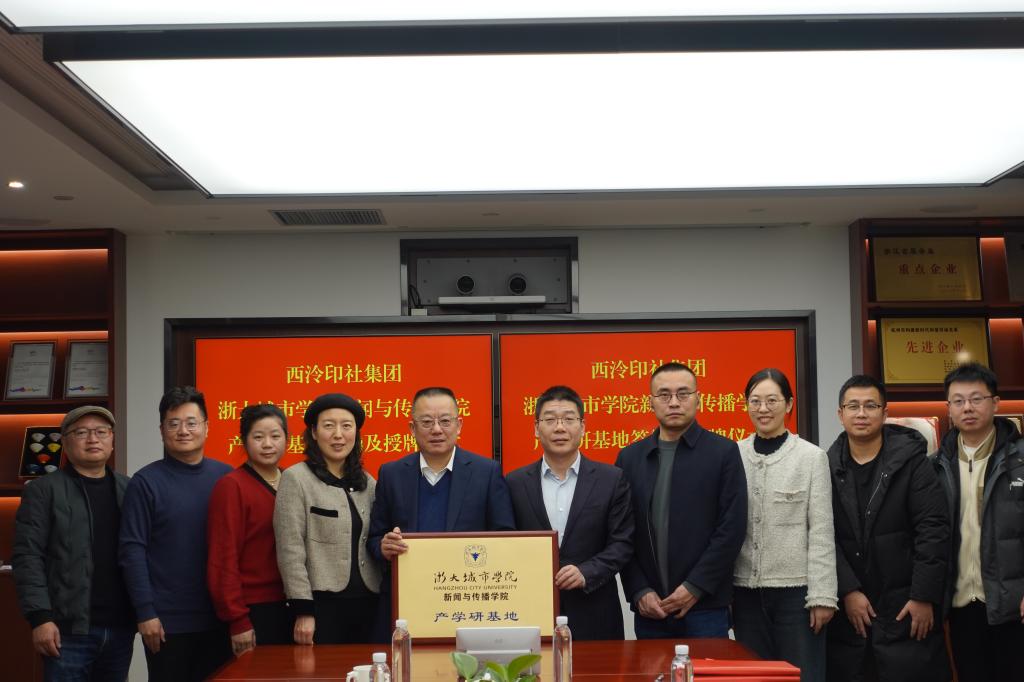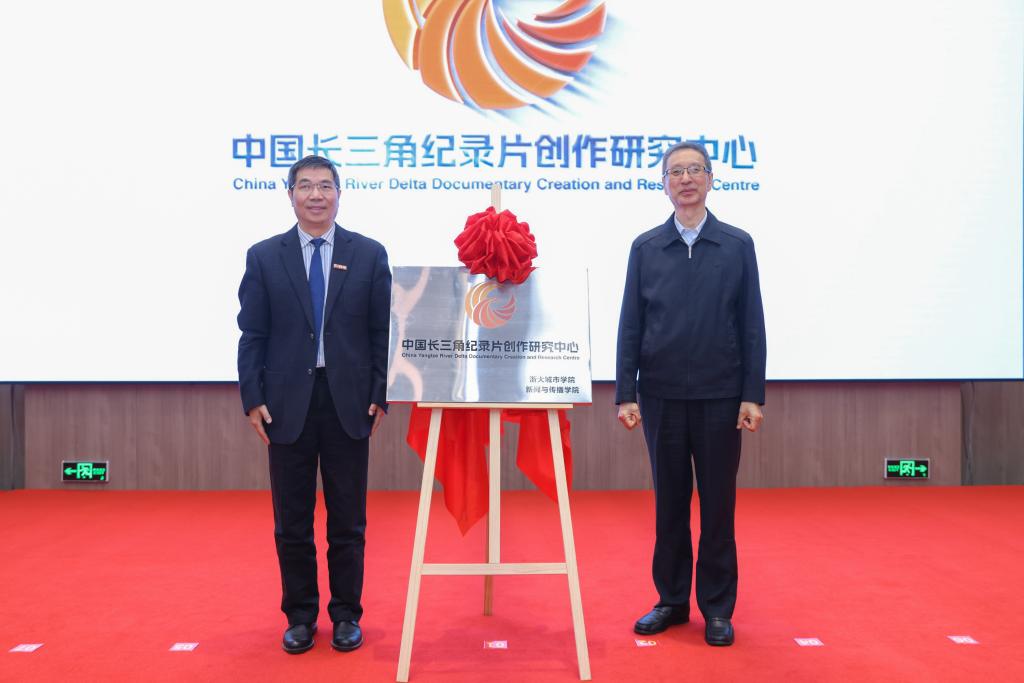
The School of Journalism and Communication at Hangzhou City University, originating from the Journalism Department established in 1999, embarked on a new journey in December 2022. The School offers three major programs: Journalism, Broadcasting and Television Studies, and Advertising. Journalism and Communication is recognized as the top discipline in Zhejiang Province and the first batch of top disciplines in Hangzhou City, while the Advertising program is designated as a first-class program construction site in Zhejiang Province. Guided by the principles of "Digital+," "Urban+," and "International+," the School has developed three distinctive directions: Omnimedia News and Digital Communication, Urban Branding and Strategic Communication, and Film and Television Production and Intelligent Media Communication.
Omnimedia News and Digital Communication focuses on the application of digital media technology in journalism and communication, addressing theoretical and practical issues such as integrated journalism, data journalism and visualization, and digital image communication. Urban Branding and Strategic Communication integrates brand communication, strategic communication, and digital brand communication technology to manage brand communication effectively. It also emphasizes urban cultural innovation communication, audience feedback research in the digital age, and the evaluation of new media advertising communication effectiveness. Film and Television Production and Intelligent Media Communication, based on new technologies such as mobile Internet, big data, and artificial intelligence, introduces the concept of "omnichannel research" to the audiovisual media industry. This includes project research and development, topic planning, IP value exploration, filming and production, intelligent distribution, traffic monitoring, and sharing.
The School of Journalism and Communication at Hangzhou City University currently has 29 full-time faculty members, including 2 doctoral supervisors, 12 master's supervisors, 5 professors, and 11 associate professors, with doctoral degree holders accounting for 60%. The School has 1 national-level talent, 2 provincial-level talents, and has obtained various talent projects from municipal departments totaling 12 person-times. Among them, 4 individuals have been awarded honors such as "Top Ten Teachers’stories Moved Hangzhou City," "Outstanding Educational Staff of Hangzhou City," "Excellent Teacher in the Education Bureau System of Hangzhou City," and "Core Teacher of Ideological and Political Education in Primary, Secondary, and Higher Education in Hangzhou City." Two faculty members have been selected as leading talents in the "West Lake Pearl Project." Additionally, the School continuously expands its diversity to form a complementary faculty structure consisting of " renowned professors from Zhejiang University," "industry mentors," " excellent teachers of Hangzhou City University," and "senior student mentors."

School of Journalism and Communication at Hangzhou City University aims to cultivate high-quality, practical, and innovative talents in the field of journalism and communication who possess upright values, strong logic, comprehensive abilities, and profound knowledge. It offers an "Integrated Media Innovation Communication Specialty Class," implements a "Media Elite Registration Plan," and has signed strategic cooperation agreements with over 30 enterprises and institutions to maximize full-cycle training and personalized education. The employment rate exceeds 95%, with over 15% of graduates pursuing further studies at home and abroad. Among graduates, there are notable entrepreneurs such as Xu Xiner, founder of THINKPARK, Fan Leiming, founder of YOYA Advertising, and Ye Pengcheng, founder of COHESION Public Relations. Additionally, several outstanding media professionals are our alumni, including Yuan Qixiang, Deputy Director of Zhejiang Voice Media News Center, Ge Rongjin, Editor of "Tide News," and Wang Enmin, a committee member of the Zhejiang Branch of China News Service.

The School has established three distinctive platforms, with the "Affiliated Integrated Media Authentic Training Base" as the foundation and the "China Yangtze River Delta Documentary Creation Research Center" and "China Yangtze River Delta International Communication Research Center" as the "wings." It aims to construct a national level experimental platform for new humanities through integrating industry, academia, and research. Leveraging these platforms, the School actively engages in various academic activities, yielding representative achievements and continuously enhancing its research capabilities and advisory influence in areas such as public opinion management, international communication, cultural innovation, internet governance, and media convergence reform.


The School continues to conduct academic exchange activities at home and abroad, maintaining long-term cooperation with universities in other countries and regions such as the University of Missouri, Hong Kong Baptist University, and the National University of Singapore. During the exchange activities of Missouri Education Week, Dr. Zhang Yuyan, Professor David Herzog, and Dr. Heinzmann from the School of Journalism, University of Missouri, were invited to teach data journalism, data visualization, and the application of AI and GC artificial intelligence in the field of journalism and communication. It further enhances students' international perspectives and innovation capabilities.
